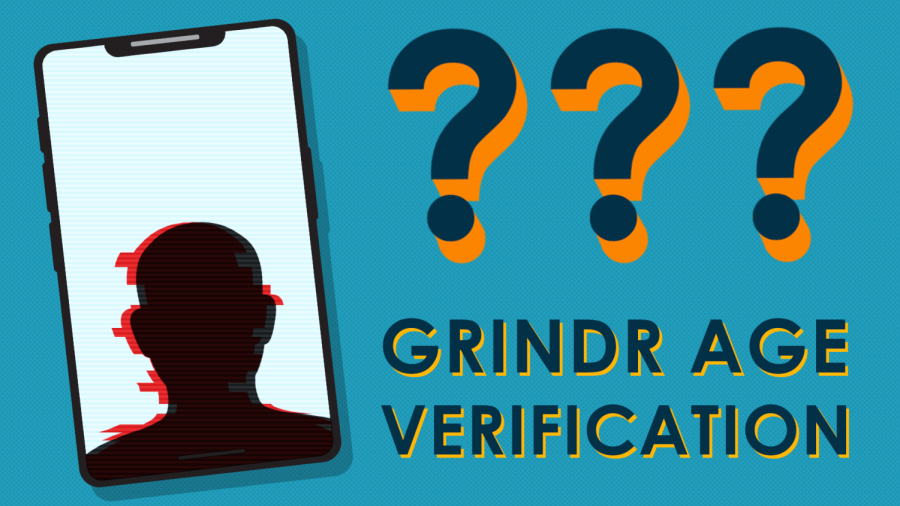Petters: Protect Youth on Dating Apps
(Graphic by Madelyn Foulger | The Daily Utah Chronicle)
April 6, 2023
Dating apps have revolutionized the way people interact with each other, providing a platform for individuals to meet new people and form relationships. However, the use of dating apps by underage individuals has become a growing concern.
Grindr, for example, fails to keep minors off the app. According to a recent study, more than 50% of gay and bisexual underage boys have had sex with people they have met on the app. Despite corporations stating their commitment to keeping minors off their platforms, their efforts are underwhelming and they must be held accountable.
To reduce youth usage of dating apps, we should implement ID verification measures and educate youth on the risk of entering dating apps.
The risks and dangers associated with underage individuals using dating apps are evident. Some users are suing the app for advertising to minors and leaving them to be victims of sexual exploitation. Multiple accounts suggest that underage individuals fall victim to sexual exploitation on Grindr, even when their intentions are related to identity or finding a “sense of community.” One account is from German Chavez who downloaded Grindr when he was underage to explore his sexual identity, but ended up being sexually assaulted by a 60-year-old man he met on the app.
The prevalence of minors using dating apps, particularly Grindr, highlights the limitations of existing measures to prevent minors from accessing dating apps. Grindr requires a photo ID only if your account has been reported for being underage, and they do not require it when setting up your account. Tinder requires you to give your date of birth, but does not require government ID for age verification unless you live in specific locations. It is extremely easy for underage individuals to enter these apps.
Looking back at my underage self, I wish I had someone explain to me the extremities of exploitation. I didn’t realize the vast amounts of men who messaged me simply because of how young I looked were predators. My instincts told me they knew I was lying about my age.
One anonymous Grindr user, who downloaded the app as a minor, said they noticed a significant difference in who messaged them as a minor versus now. “I found myself being messaged by a lot of older guys because they saw that my age was 18 and it was kind of like a turn-on to them,” they said. “They would ask if that was actually my age because even they had an idea.”
This a common experience many young queer people face while believing they’re simply exploring their sexuality.
“It’s still much more acceptable to be a queer person at a younger age,” the user said. “It’s much more mainstream now. So I think a lot of people are finding themselves coming out at younger ages, but they don’t have the kind of conversations to navigate safe social media use, especially with things like Grindr where it’s really meant as an 18 plus app. And there is no kind of like 101 on Grindr, you know, it’s kind of just like … there are no laws.”
This issue won’t diminish unless dating app corporations are held accountable and change their restrictions.
While there is no simple solution, there are achievable ways to decrease minors’ usage of dating apps. One solution to better screen age is implementing ID verification. Another solution could be to implement AI-powered facial-recognition technology that detects the age of individuals based on their profile pictures. This technology could also detect any fake pictures that underage individuals may use to enter these apps.
While no solution is able stop the issue of minors using these apps as a whole, these presented solutions could hopefully take many underage individuals off dating apps. While corporations are responsible for the limited regulations, we can help ensure that young queer people can express themselves elsewhere rather than choosing dangerous alternatives they believe would help them explore their sexuality.
Youth usage of dating apps is a growing concern, and current measures to prevent minors from accessing these apps are inadequate. Corporations must take responsibility for protecting young people on their platforms and education for youth on the risks of entering dating apps is needed. But alone, that’s not enough. The implementation of stronger protection measures such as ID verification and AI-powered technology should be considered.
It is our collective responsibility to ensure that young people are not exposed to exploitation and danger through the use of dating apps.









